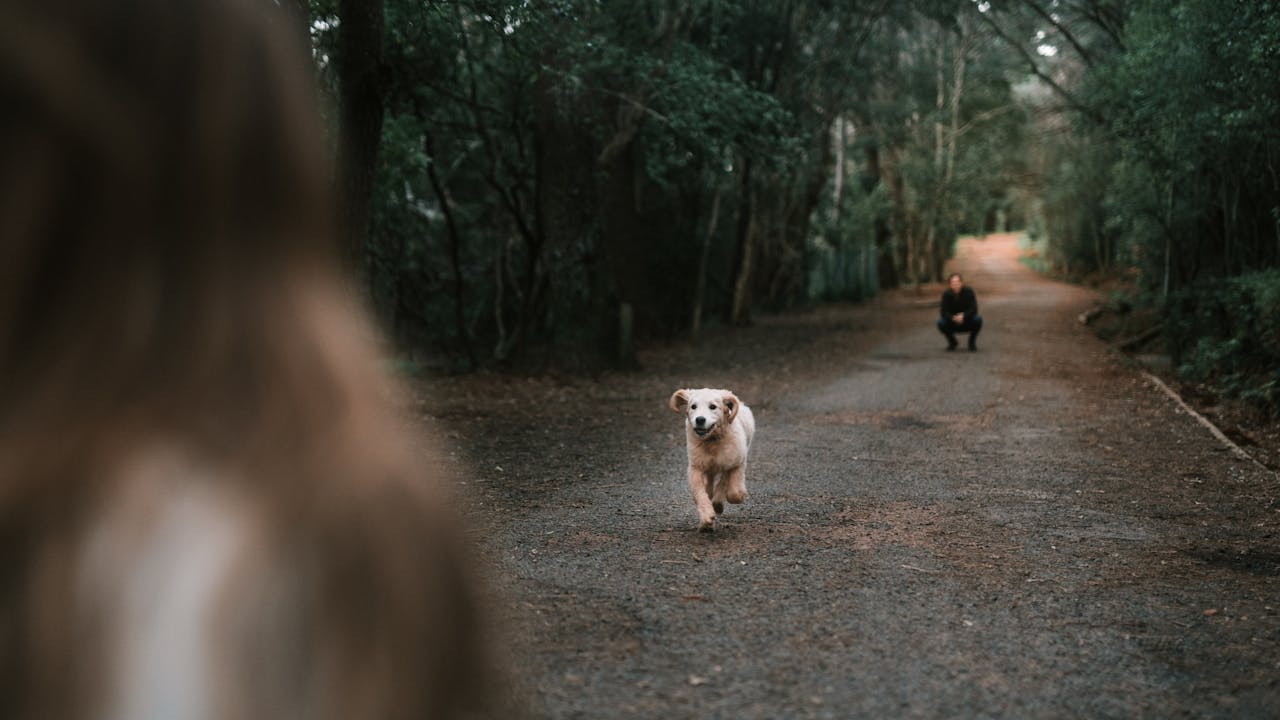It’s a common complaint from dog parents: “My dog won’t stop scratching, but I can’t find any fleas!” While fleas are a well-known culprit, they’re far from the only reason dogs experience itchy skin — especially in warmer months. In this post, we’ll explore the hidden causes of itching, when to worry, and how to relieve it naturally using simple, effective solutions.
Common Non-Flea Causes of Itchy Skin in Dogs
- Seasonal Allergies: Pollen, grass, and mould can trigger reactions just like in humans.
- Dry or Irritated Skin: Especially after central heating in winter or exposure to summer sun.
- Food Sensitivities: Some ingredients (like chicken, wheat or dairy) may cause itchiness.
- Environmental Irritants: Cleaning products, synthetic bedding, or even dust mites.
- Yeast or Bacterial Imbalances: Often caused by poor gut health or a weakened skin barrier.
Where Is Your Dog Itching?
The location of itching can help determine the cause:
- Paws & Legs: Often linked to pollen allergies or food sensitivities.
- Ears: May indicate yeast overgrowth or poor gut health.
- Back or Tail Base: Classic flea hotspot — but can also be mites or dry skin.
- Belly & Armpits: Contact allergies from grass or cleaning sprays.
How to Help an Itchy Dog (Naturally)
1. Rule Out Fleas and Parasites
Even if you don’t see fleas, use a flea comb and speak to your vet to rule out parasites completely.
2. Improve Skin Health from Within
Nutrition plays a huge role in your dog’s skin condition. Look for omega-rich, anti-inflammatory supplements.
Try Pupps Skin & Coat Treats – packed with biotin, salmon oil, and flaxseed to support healthy, hydrated skin.
3. Calm the Immune Response
When allergies strike, calming the immune response helps reduce the urge to itch.
Try Pupps Itch Relief Treats – designed to ease itching from the inside out with colostrum and omega-3.
4. Use Soothing Baths or Sprays
Use hypoallergenic shampoos with oatmeal, aloe, or chamomile. Avoid harsh soaps or overbathing.
5. Support Gut Health
70% of your dog’s immune system lives in the gut. A healthy digestive system can reduce skin inflammation.
Try Pupps Pre & Probiotic Treats to support digestive and immune balance.
When to See a Vet
If your dog’s itching is:
- Persistent or worsening despite home care
- Causing bleeding or open sores
- Paired with digestive issues or hair loss
Then a vet visit is a must — they can perform allergy testing, rule out infections, and guide long-term care.
Final Thoughts
Itching can be uncomfortable and frustrating — both for dogs and their humans. But in many cases, it’s manageable with the right diet, supplements, and home support. As the weather warms up, being proactive about your pup’s skin health can make all the difference.
✨ Want to help your dog feel more comfortable this summer? Explore our Itch Relief range and give your pup the soothing support they deserve.



Leave a comment
This site is protected by hCaptcha and the hCaptcha Privacy Policy and Terms of Service apply.